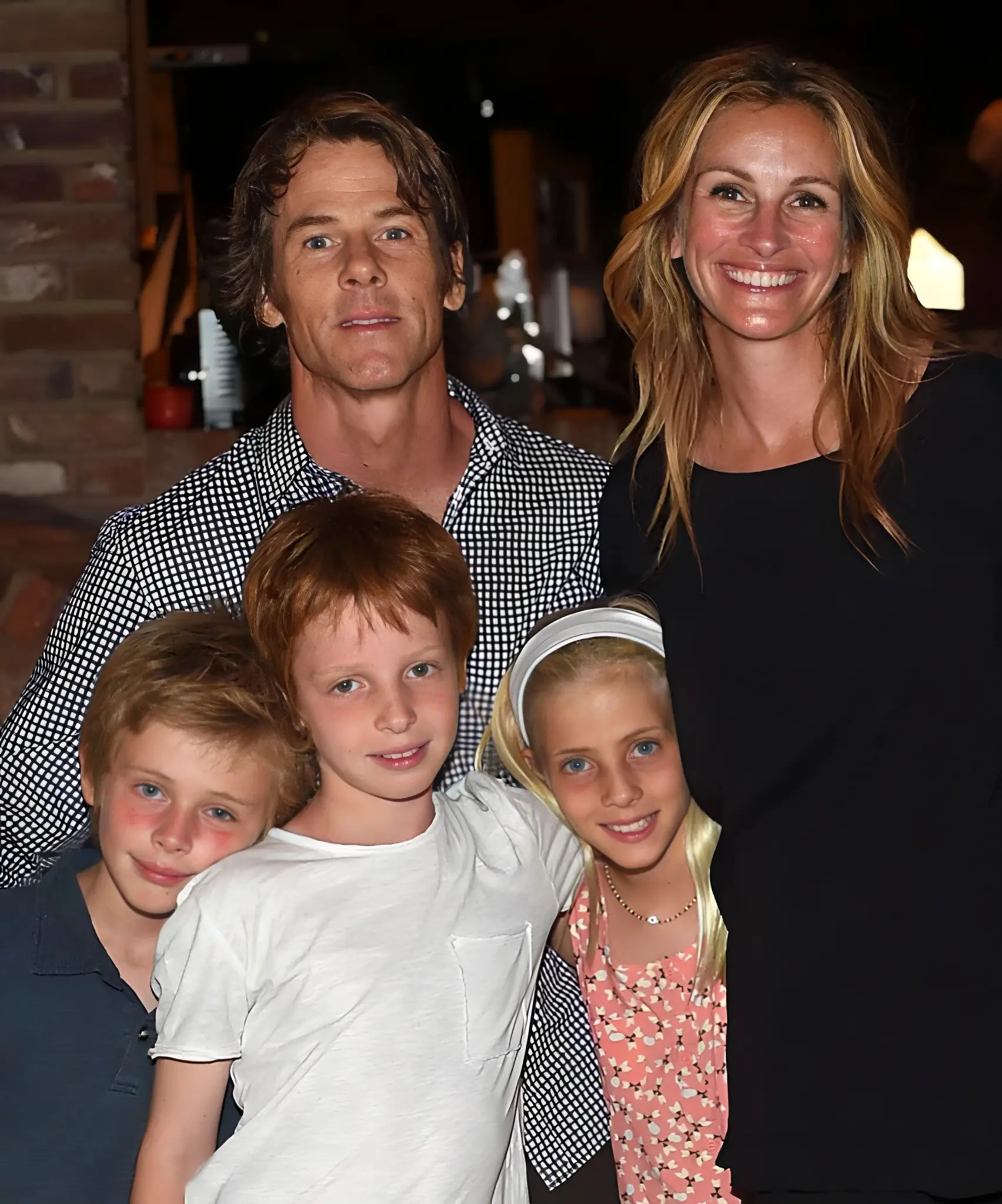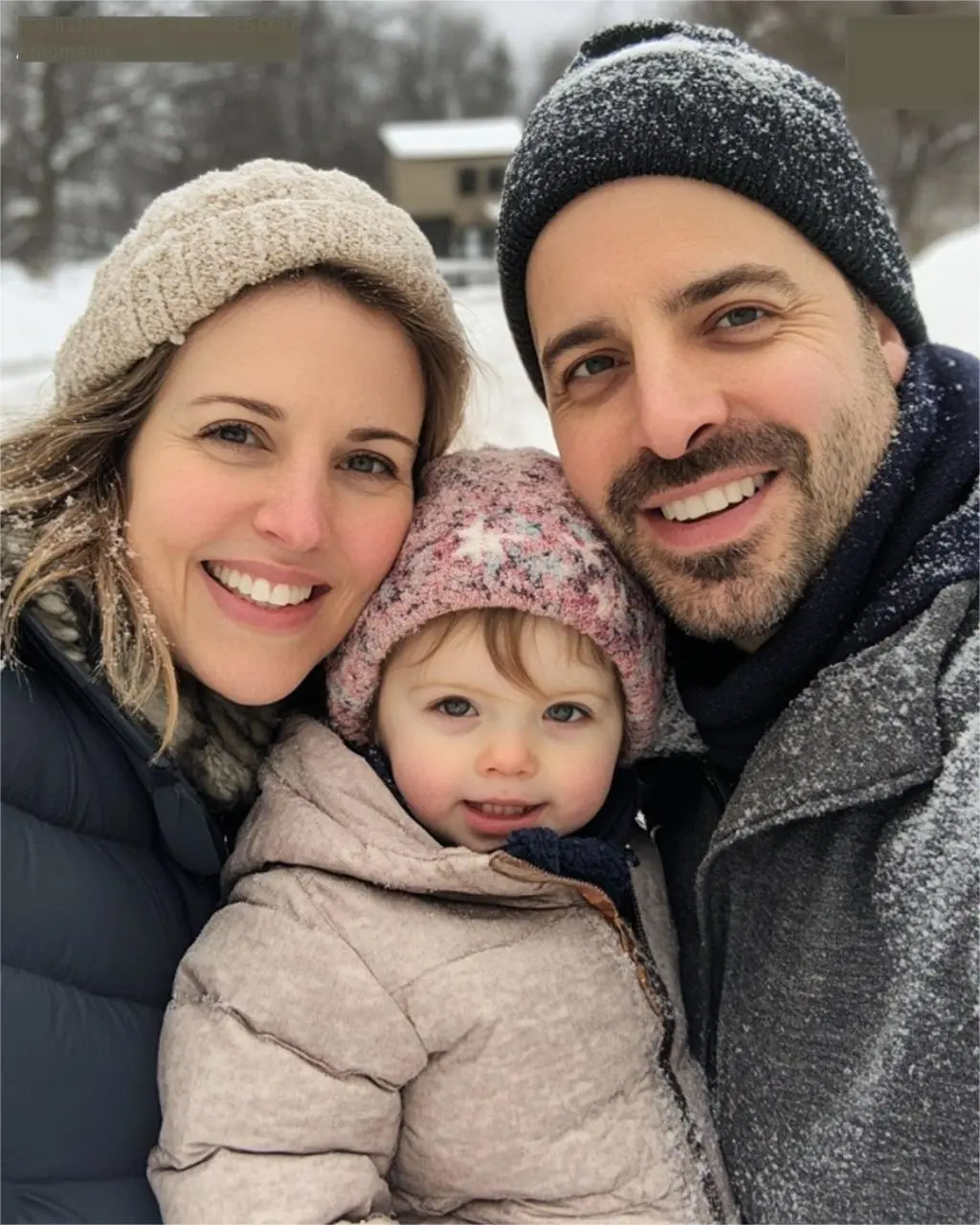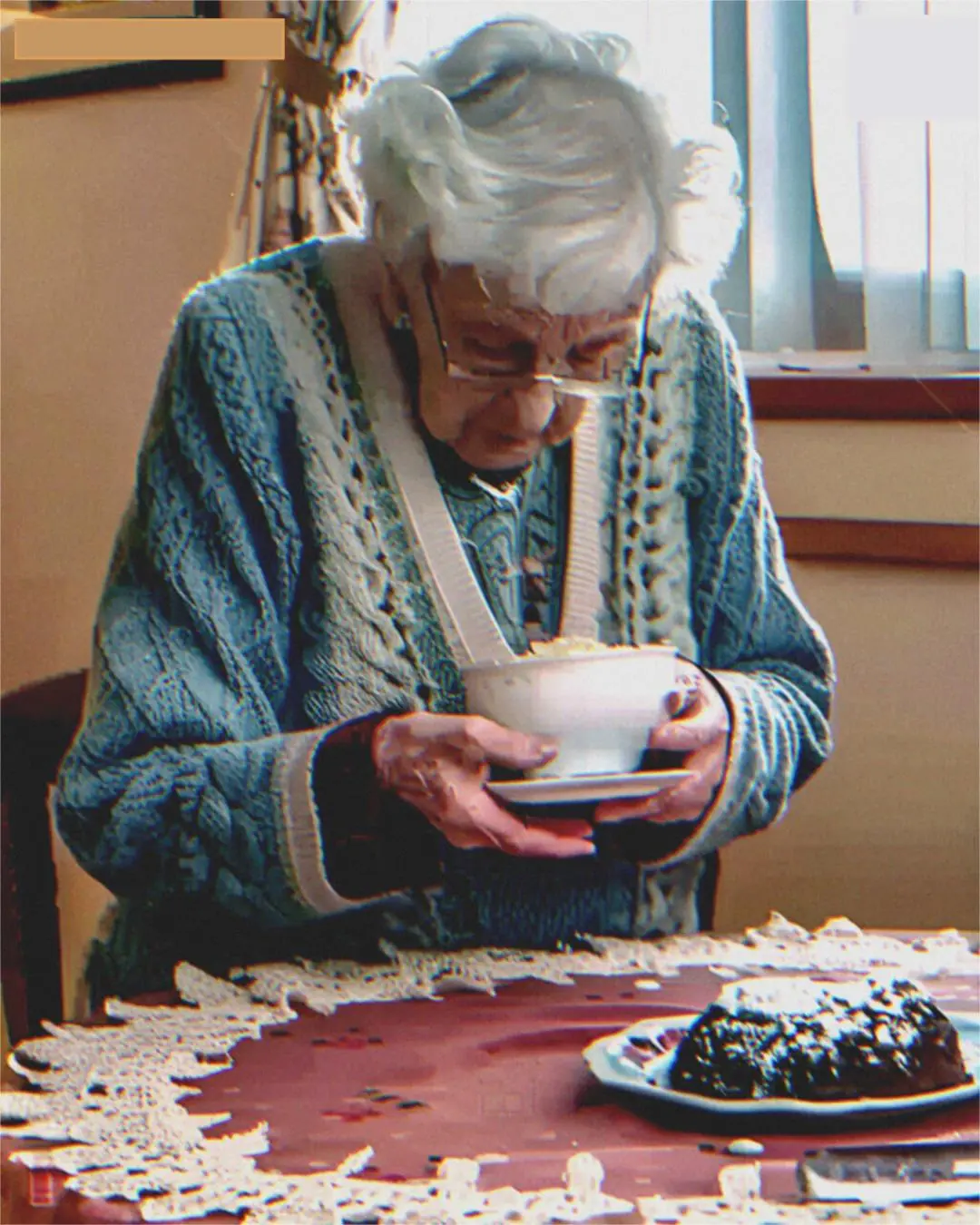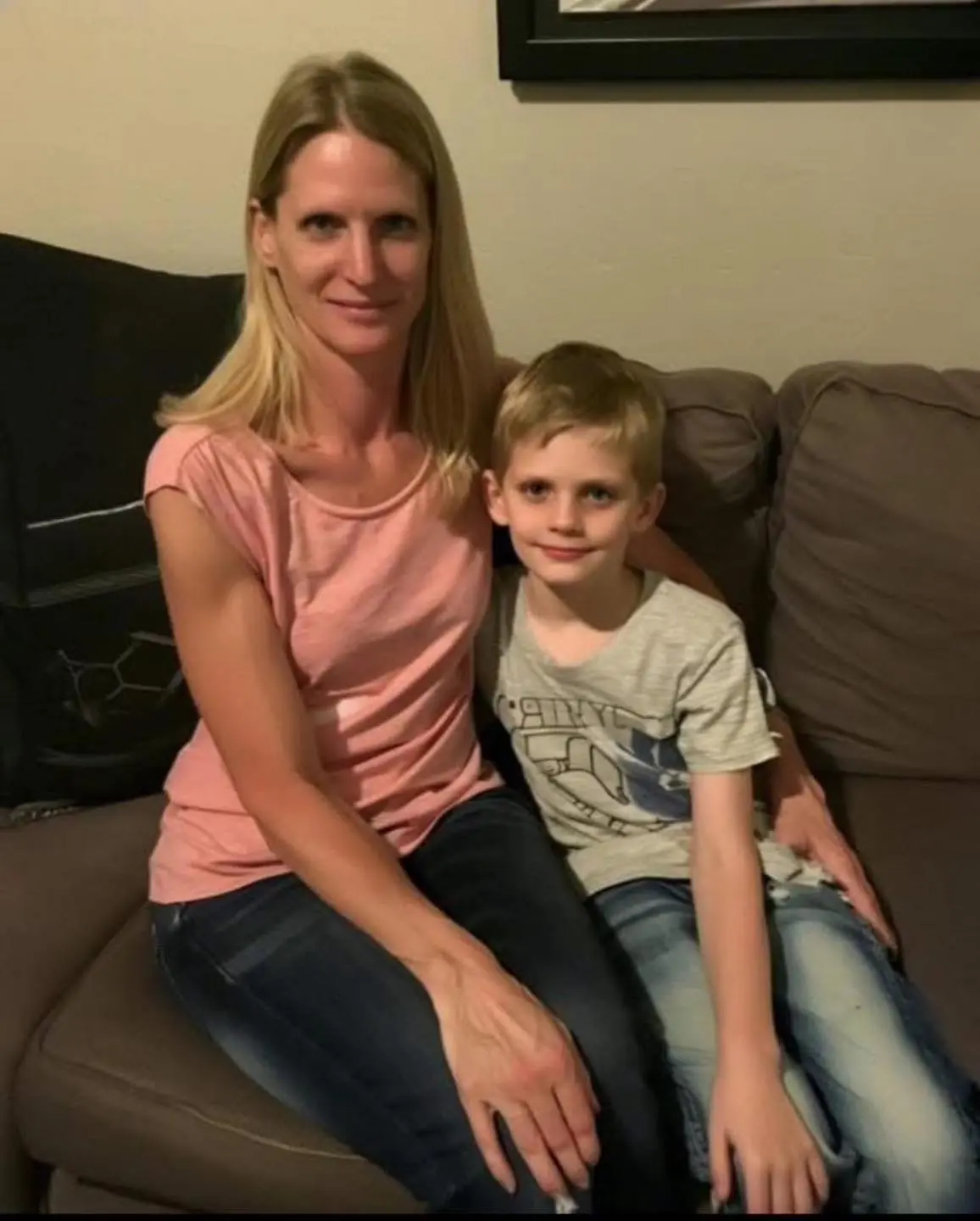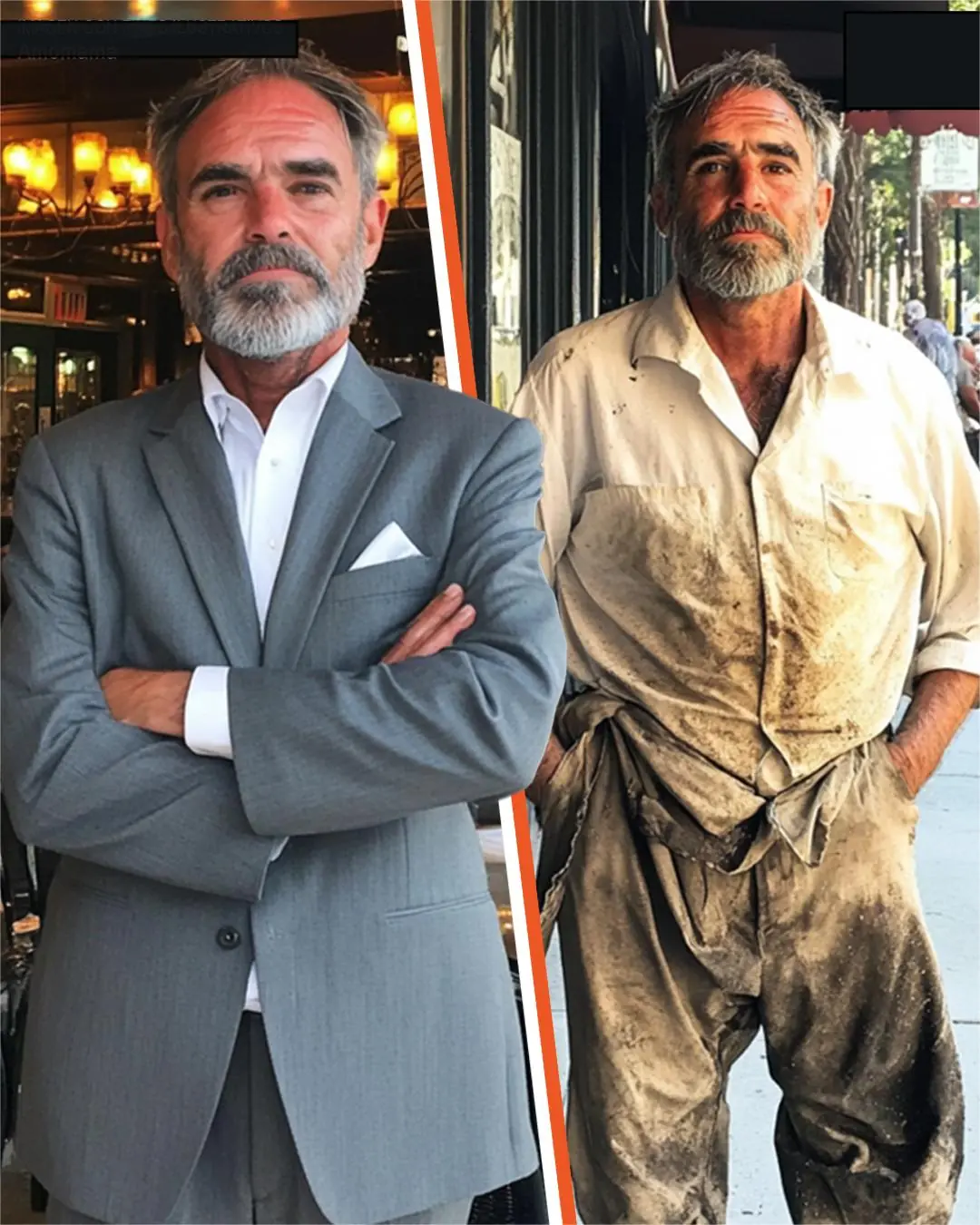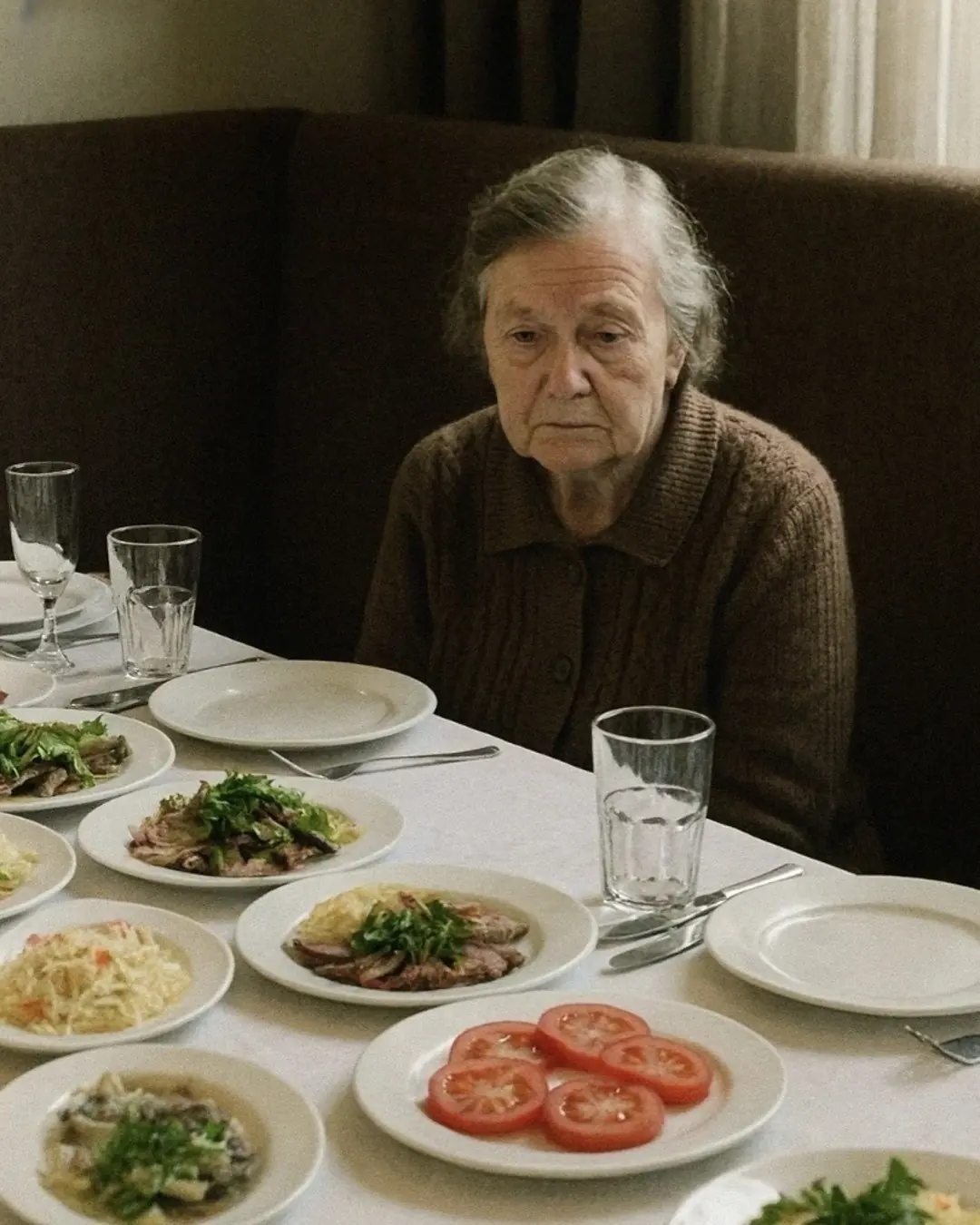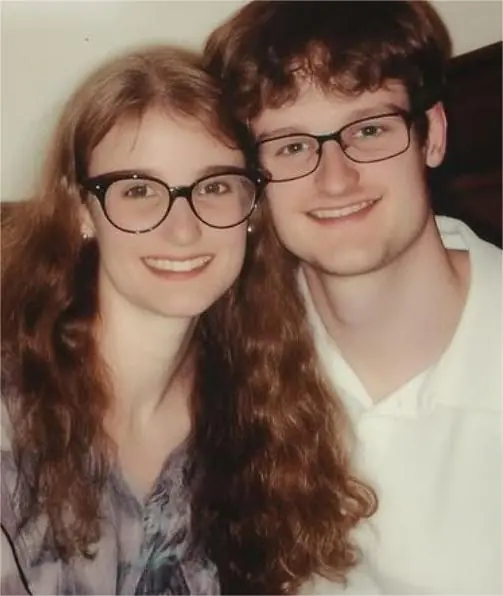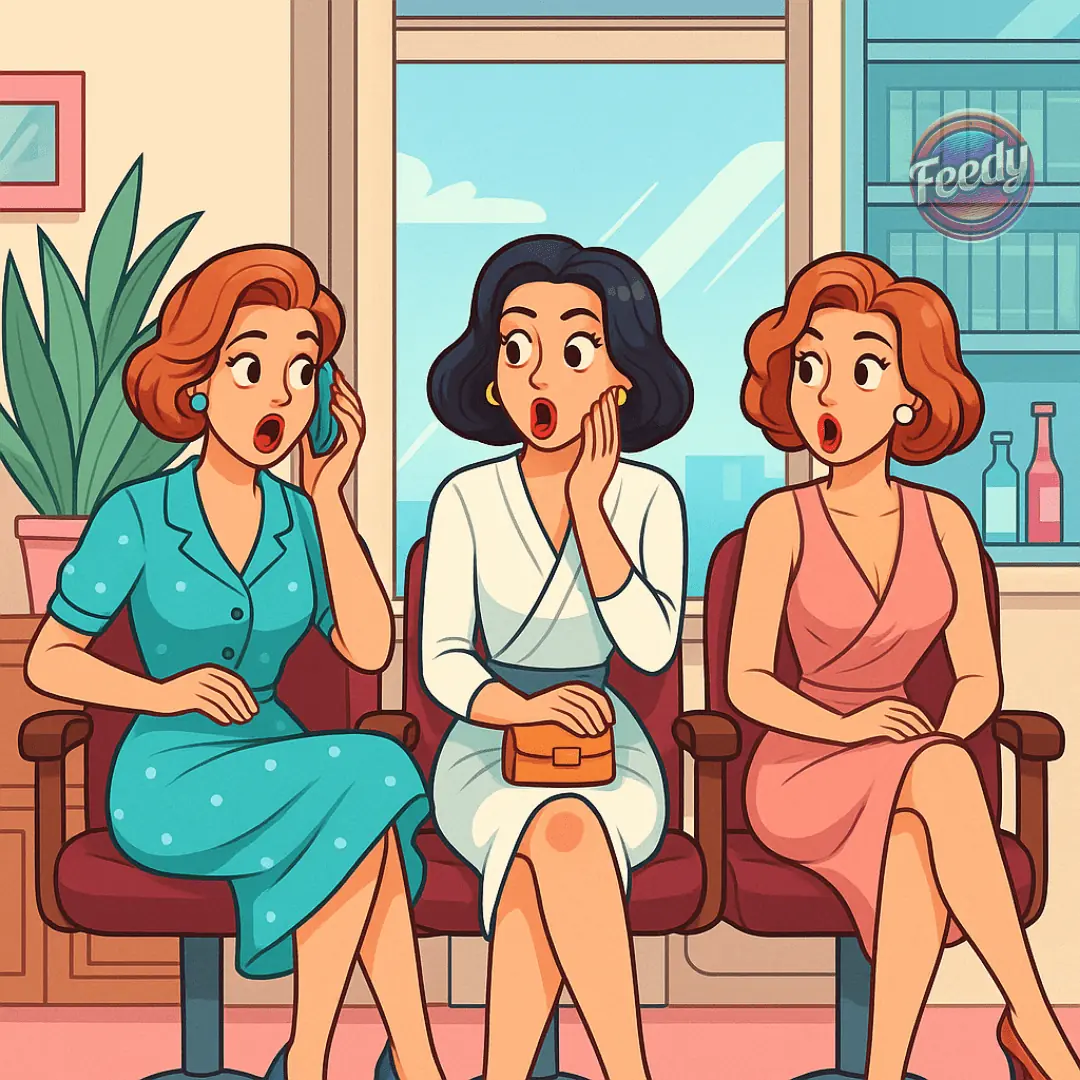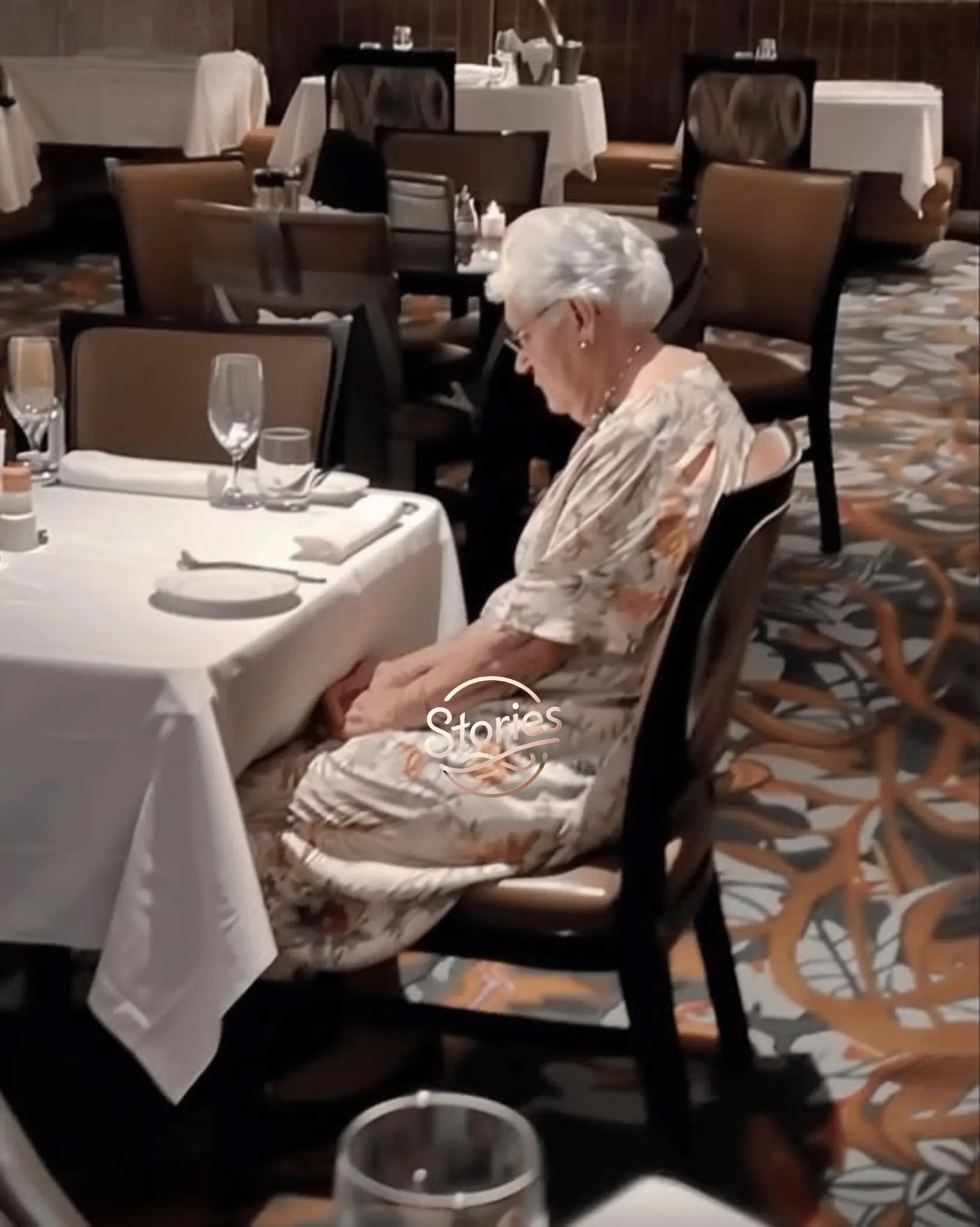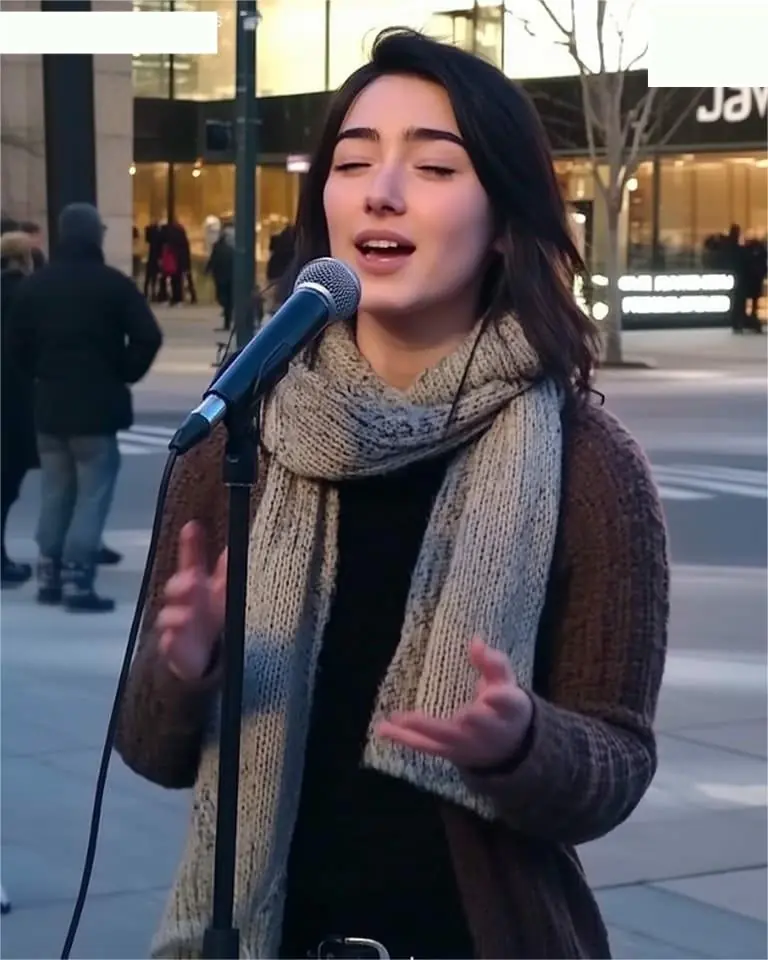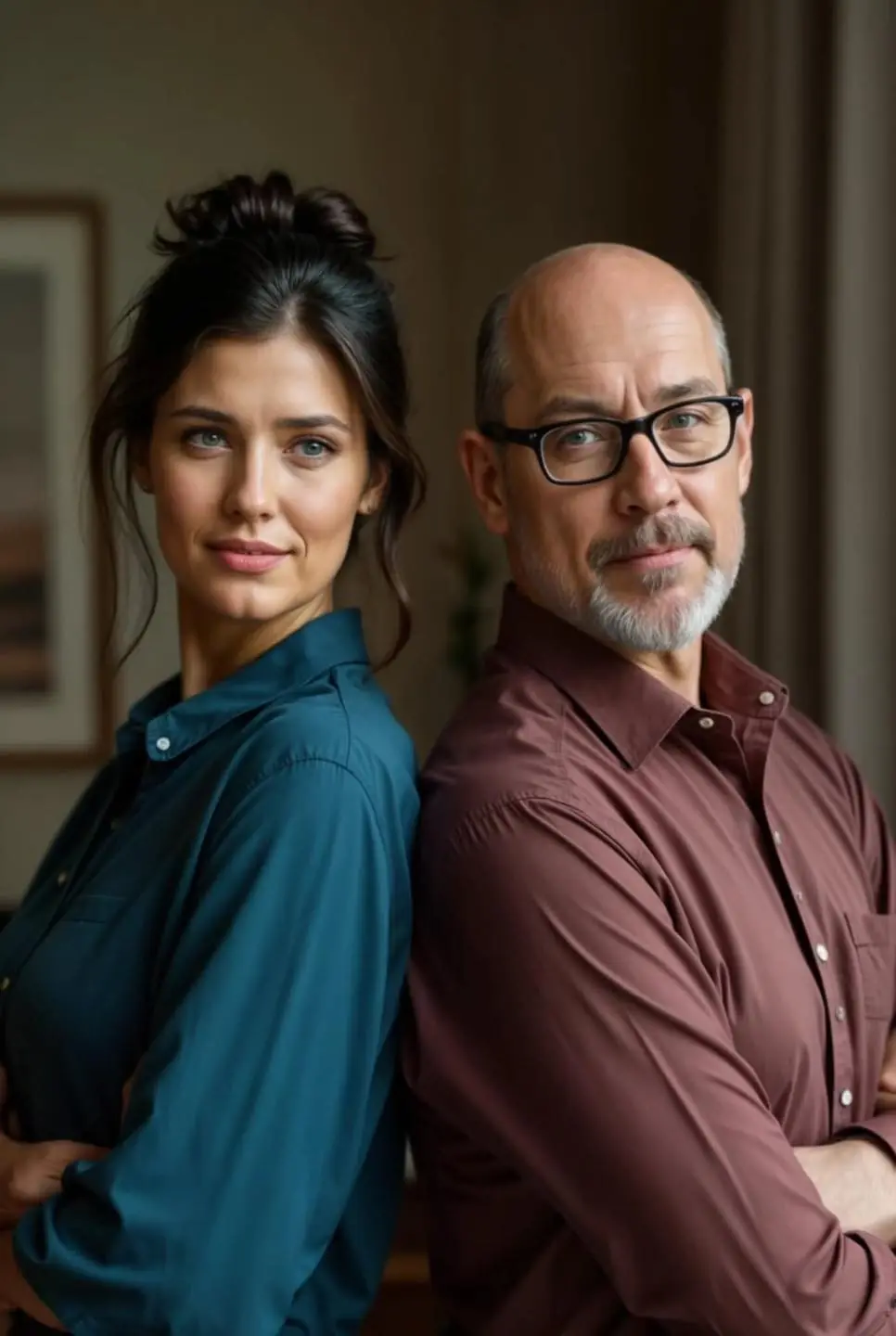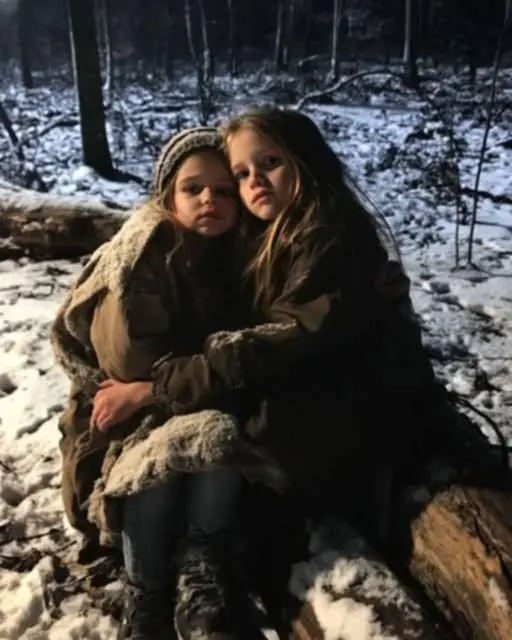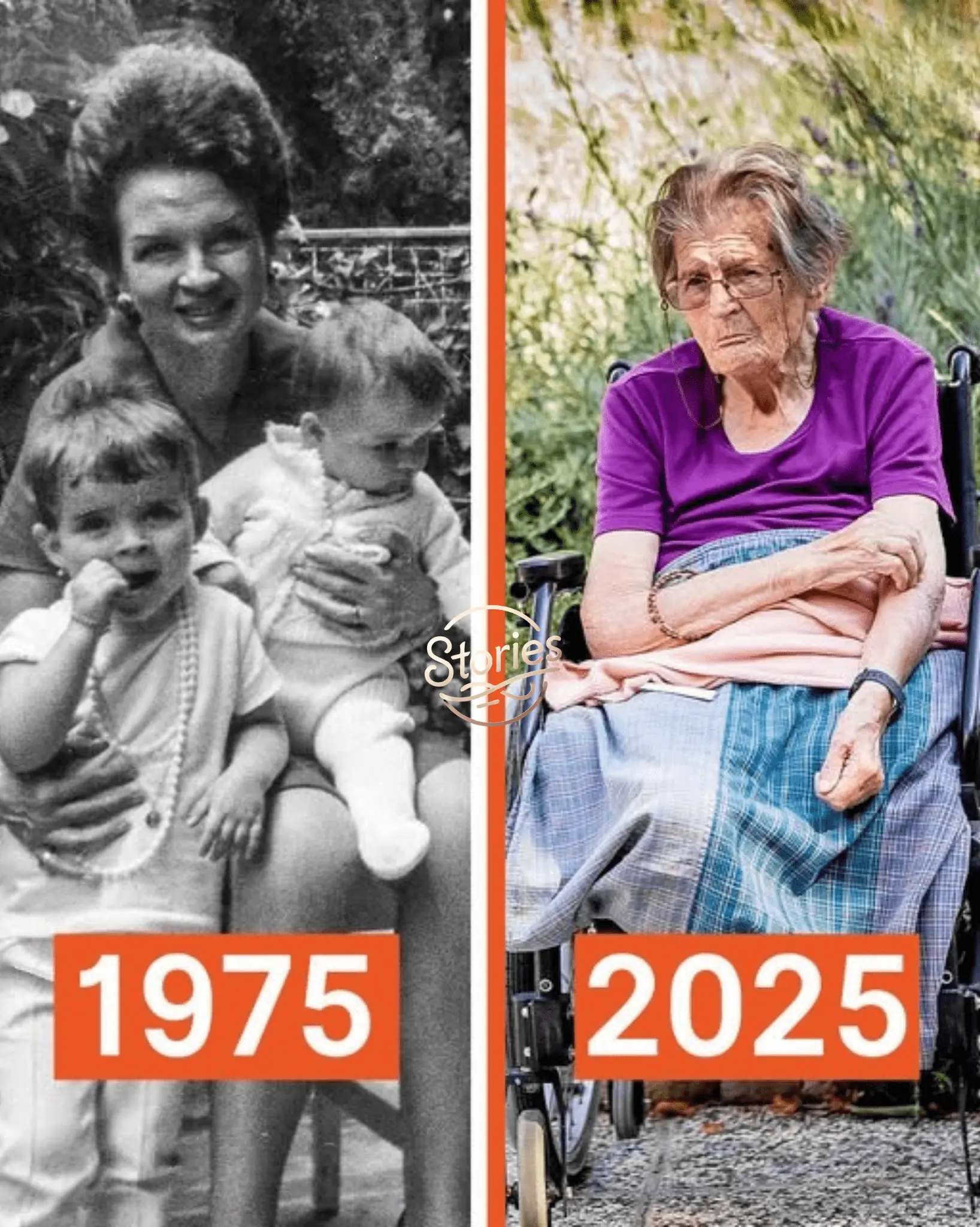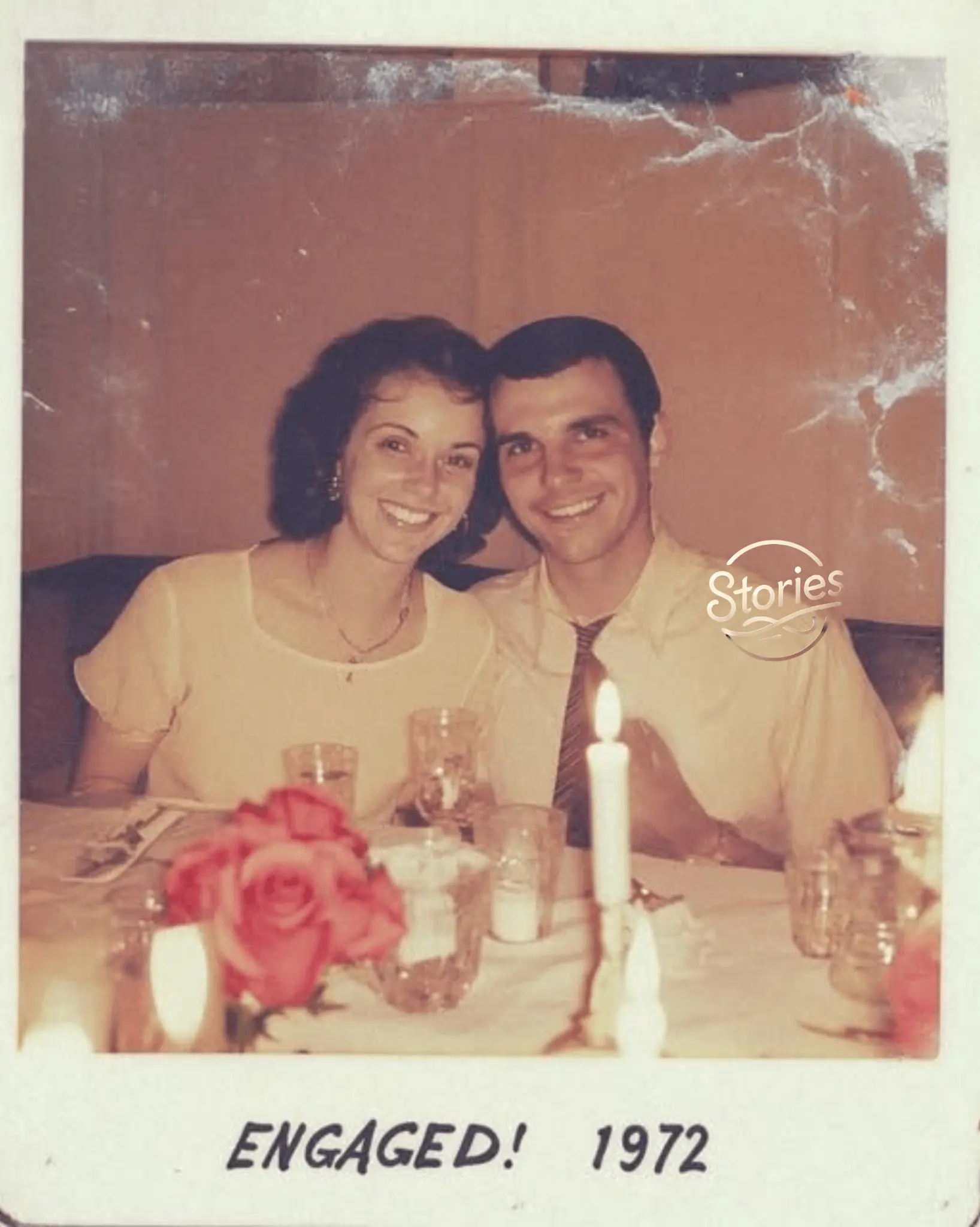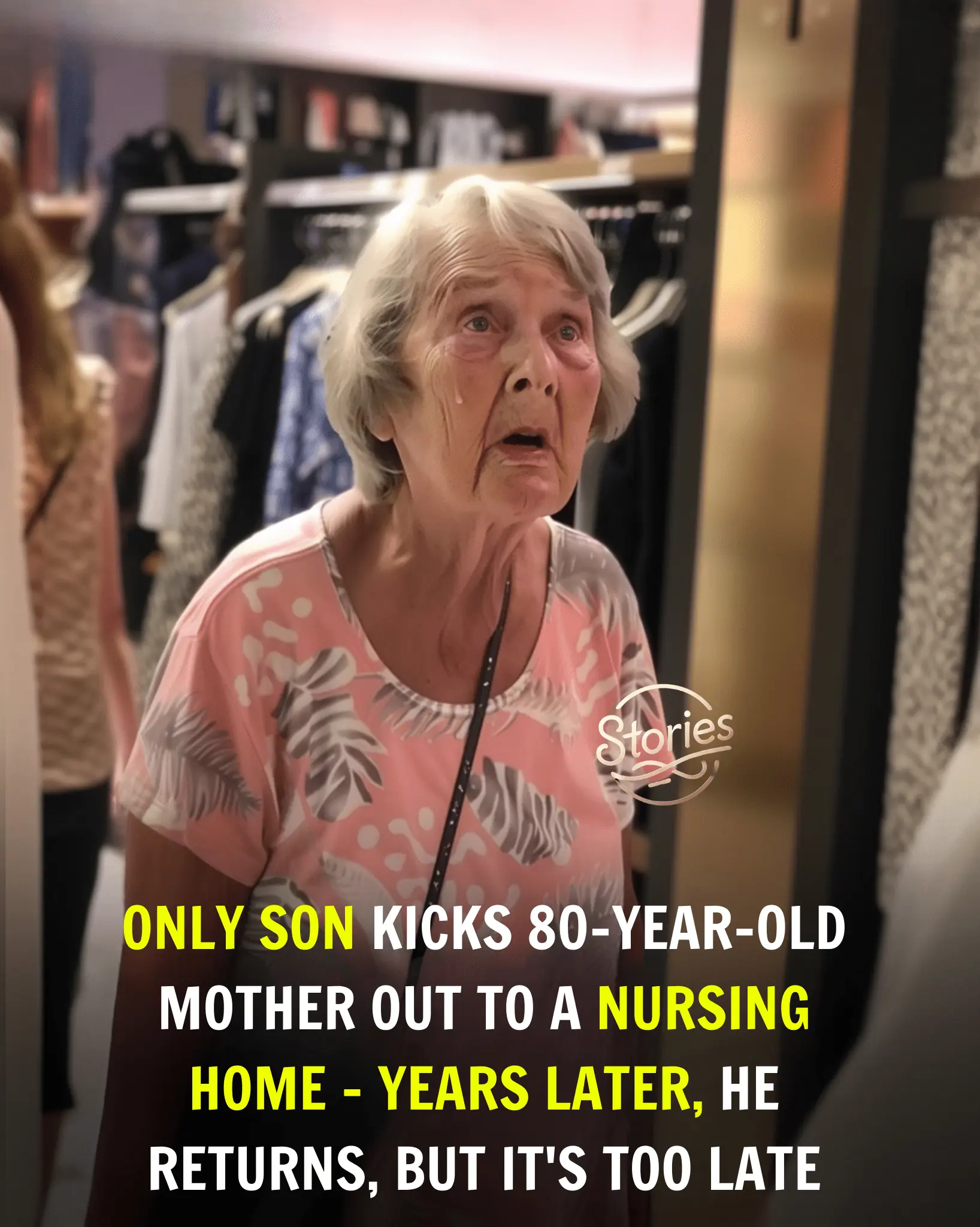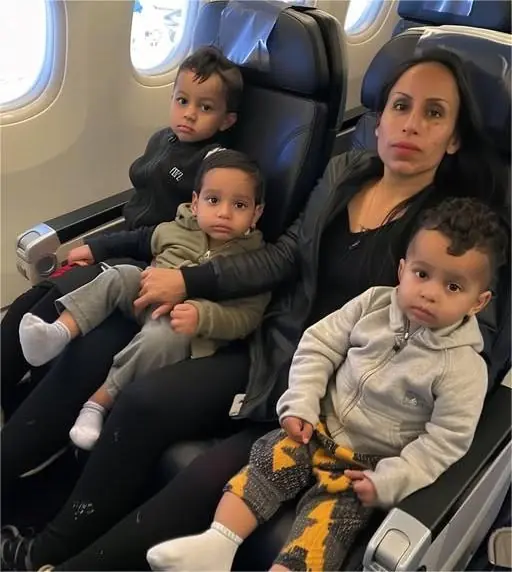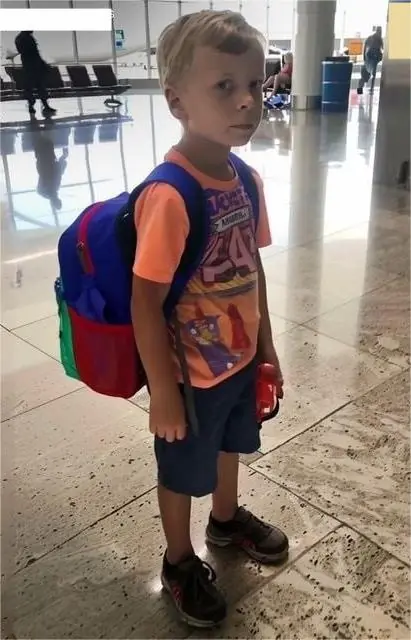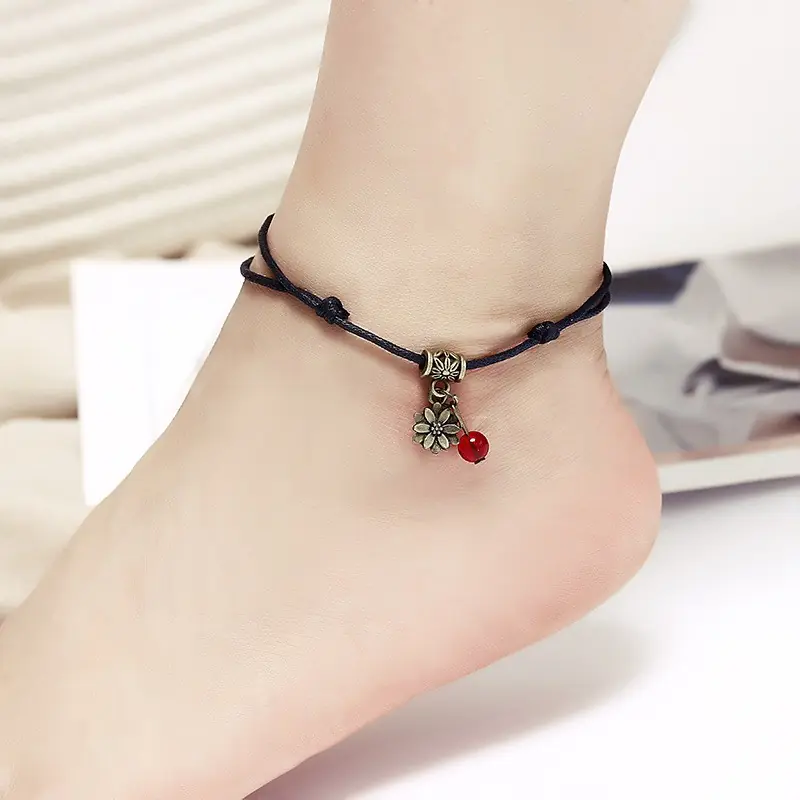My mother already had two daughters and was about to give birth to the third. I still remember that day vividly — my mother’s screams, the neighbors rushing in, crying, and then… silence. Her voice slowly faded until it was completely gone.
To this day, I don’t understand why no one called a doctor. Why didn’t they take her to a hospital? Was the village too remote? Were the roads blocked? I never got any answers. My mother died during childbirth, leaving behind two little girls and a newborn baby, Olguita.
My father was completely lost. We had no family nearby — we lived in the north of Spain, and all our relatives were in the south. There was no one to help him care for us. Out of pity, the neighbors advised him to remarry as soon as possible. Less than a week had passed since my mother’s funeral, and my father was already looking for a new wife.

They suggested a local schoolteacher, saying she was a kind and decent woman. My father went to see her, proposed, and she accepted. I suppose she liked him — he was young, tall, slim, handsome, with coal-black eyes. It was hard not to notice him.
That same afternoon, he came home with his fiancée.
— “I brought you a new mommy!” — he announced cheerfully.
I felt a bitter anger welling up inside me. I couldn’t understand it with my mind, but my little heart knew something wasn’t right. The house still smelled like my mother. We were wearing the dresses she had sewn and washed for us, and already he was bringing another woman to take her place. Now, as an adult, I understand his desperation, but back then, I hated them both.
I don’t know what that woman thought of us. She entered the house holding my father’s arm. They had been drinking a bit, and she said:
— “If you call me mommy, I’ll stay.”
I whispered to my little sister:
— “She’s not our mom. Our mom died. Don’t call her that.”
My sister began to cry, and I, as the eldest, stepped forward:
— “No, we won’t do that! You’re not our mother — you’re a stranger!”
— “What a pair of rude girls! Then I won’t stay,” she replied.
The woman walked out the door. My father started to follow her but stopped at the threshold. He stood there, head bowed, then turned back, hugged us, and began to cry. We cried with him. Even baby Olguita, in her crib, let out a soft whimper. We were crying for our mother, and he for his beloved wife. But our tears carried a different kind of pain. The tears of orphans are the same all over the world, and the longing for a lost mother speaks every language.
That was the first and only time I saw my father cry.
He stayed with us for two more weeks. He worked for a lumber company and had to join the team in the forest. There were no other jobs in the village. Before he left, he made arrangements: he gave money to one neighbor to cook for us and left Olguita in the care of another. Then, he left.
We were alone. The neighbor came, cooked something, lit the stove, and left. She had her own life to take care of. And we spent our days cold, hungry, and afraid.
The village started thinking of how to help us. We needed a woman who could save our family. Not just anyone — someone special, capable of loving children that weren’t her own. Where could they find such a person?
Eventually, someone mentioned a distant relative of a neighbor — a young woman whose husband had left her because she couldn’t have children. Or perhaps she had lost a baby and never had another. No one really knew for sure. They got her address, sent a letter, and through Aunt Maruja, reached out to Lola.
My father was still away when Lola arrived at our house early one morning. She entered so quietly we didn’t even notice. I woke up to the sound of soft footsteps — like my mother’s. In the kitchen, dishes were clinking… and that smell! Someone was making pancakes!
My sister and I peeked through a crack in the door. Lola was quietly washing dishes, scrubbing the floor. When she noticed we were awake, she called out:
— “Come on, blondies, time to eat!”
We were surprised she called us that. My sister and I were blonde and blue-eyed, like our mother. We gathered our courage and walked out of the room.
— “Sit down at the table!”
We didn’t need to be told twice. We devoured the pancakes and started to trust her.
— “You can call me Aunt Lola,” she said.
Later, Aunt Lola bathed us, washed our clothes, and left. The next day, we waited — and she came back. The house began to transform. It became clean, warm, and full of life again — just like when our mother was there. Three weeks passed, and our father was still in the forest. Aunt Lola cared for us with devotion, but she kept a slight emotional distance, as if afraid we might grow too attached. Verita, especially, clung to her — she was only three. I was more cautious. Aunt Lola was serious and strict. Our mother had been cheerful, full of songs and dances, and used to call my father “Juanito.”
— “When your father comes back from the forest, he may not accept me. What is he like?” — she asked.
I tried to describe him, but almost ruined everything:
— “He’s very kind! Very calm! When he drinks, he just falls asleep.”
— “Does he drink a lot?” — she asked, alarmed.
— “Yes!” — Verita blurted out.
I pushed her under the table and added quickly:
— “No, only at parties.”
That night, Lola left more at ease. That afternoon, our father returned. When he walked into the house, he looked around, surprised:
— “I thought you’d be struggling, but you’re living like princesses!”
We told him everything. He sat, thoughtful, and then said:
— “Well, I’ll go meet this new lady of the house. What’s she like?”
— “She’s really beautiful!” — Verita said excitedly — “She makes pancakes and tells us stories!”
Today, I laugh when I think back. Lola was far from beautiful. She was short, thin, plain-looking. But what do children know about beauty? Or maybe… only children truly recognize what beauty really is.
My father chuckled, got dressed, and went to Aunt Maruja’s house.
The next morning, he went to get Lola himself. She arrived shyly, as if afraid of something. I told Verita:
— “Let’s call her mom. She’s a good one.”
And we both shouted together:
— “Mom! Mom is here!”
My father and Lola went together to pick up Olguita. For her, Lola became a true mother. She took care of her like she was made of gold. Olguita had no memory of our real mom. Verita slowly forgot her too. But I never did. And neither did my father.
Once, I overheard him looking at a photo of my mother and whispering:
— “Why did you leave so soon? You took all my joy with you…”
I didn’t live long with my father and stepmother. From fourth grade on, I was sent to boarding school — our village had no proper schools. After seventh grade, I went to a technical school. I always wanted to leave home early. Why? Lola never hurt me. She cared for me like a daughter. But still, I kept my distance. Was I ungrateful?
Maybe it wasn’t a coincidence that I became a midwife.
I can’t go back in time and save my mother…
But I can save others.
